Misión
EL Programa Upward Bound Math & Science tiene como misión contribuir al desarrollo y la formación académica de los estudiantes de las escuelas públicas superiores Dr. Heriberto Domenech del municipio de Isabela y Benito Cerezo Vázquez y Salvador Fuentes Valentín del municipio de Aguadilla. Esto a través de un programa educativo que prepara a los estudiantes para que cumplan con los requisitos de graduación y desarrollen seguridad en si mismos. Además, se ofrecen experiencias de encuentros dinámicos para que ingresen a una institución post-secundaria y finalicen exitosamente su preparación universitaria en alguna carrera de Ciencias y Matemáticas.



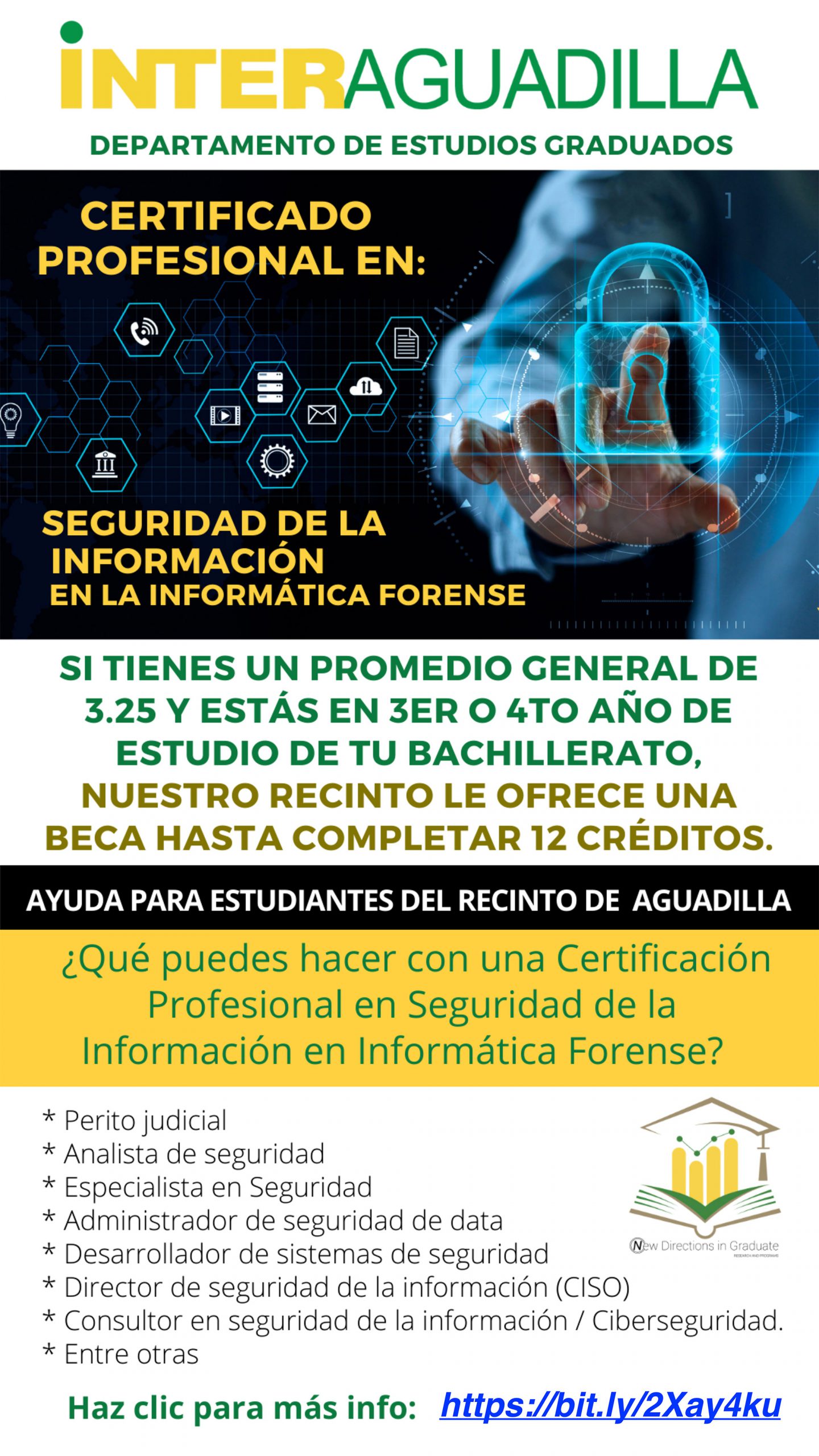

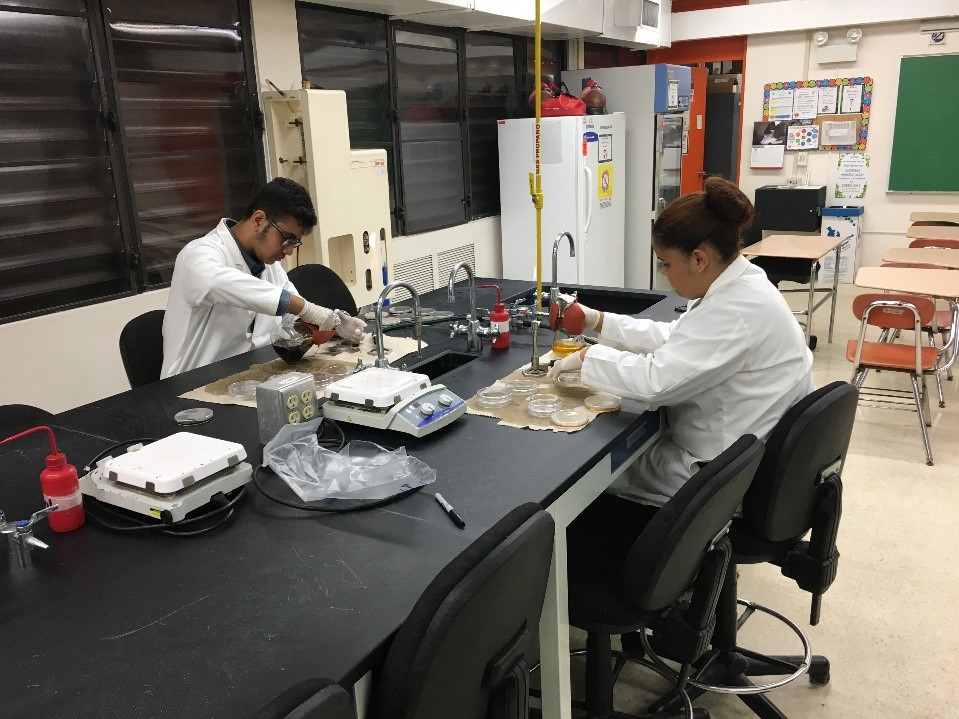
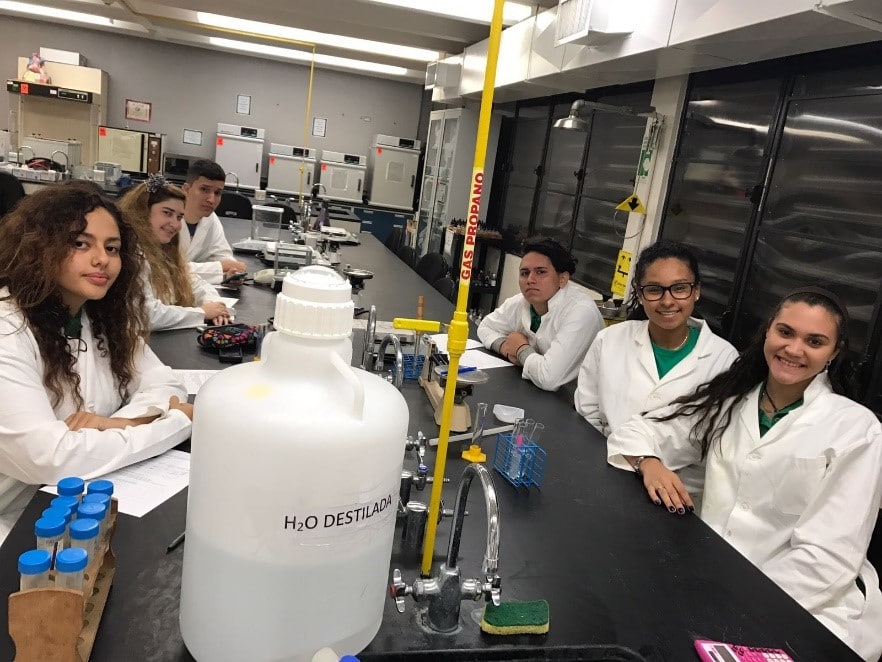
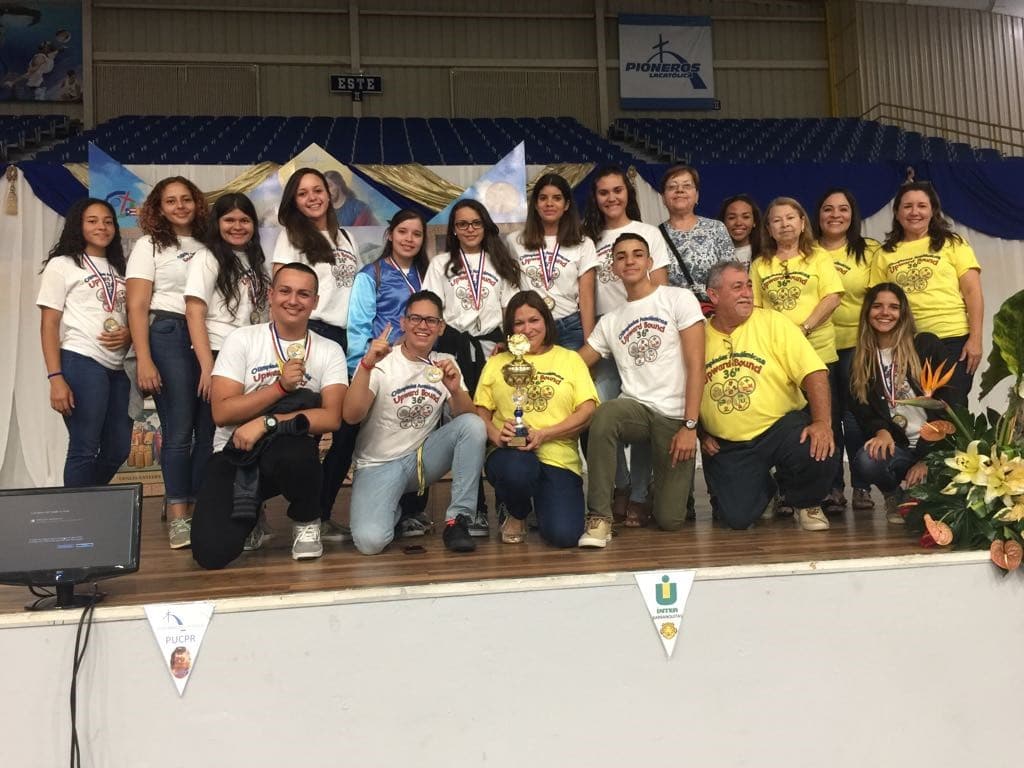
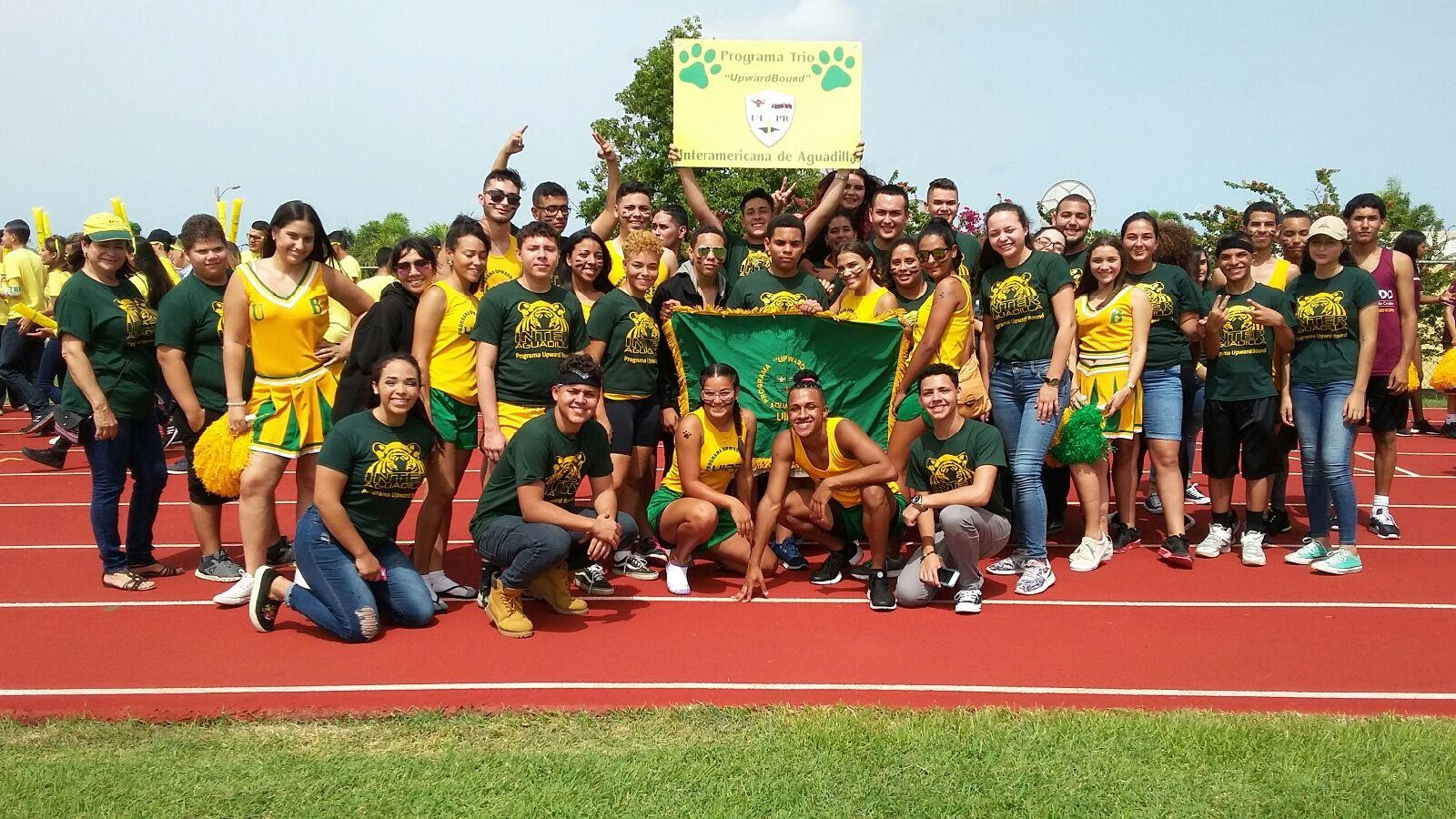

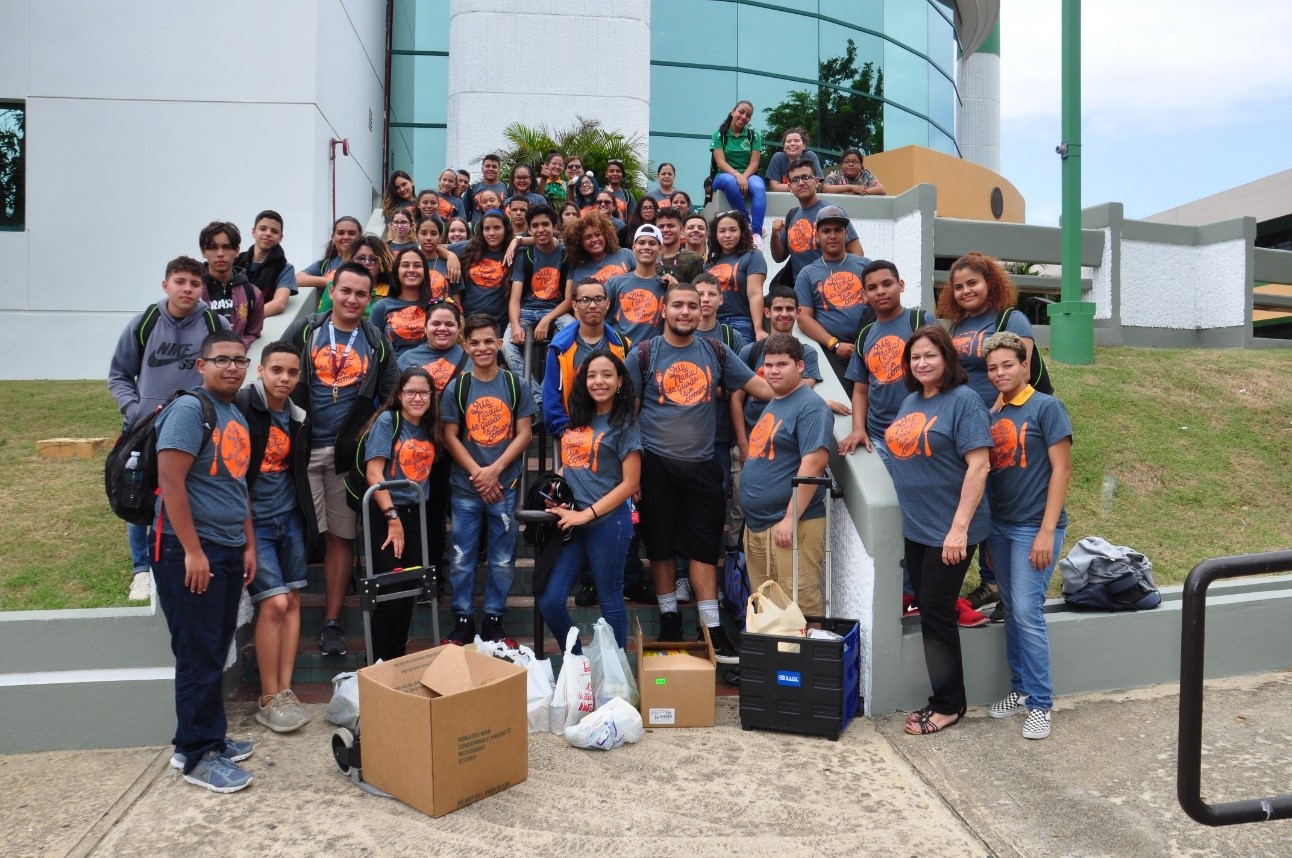
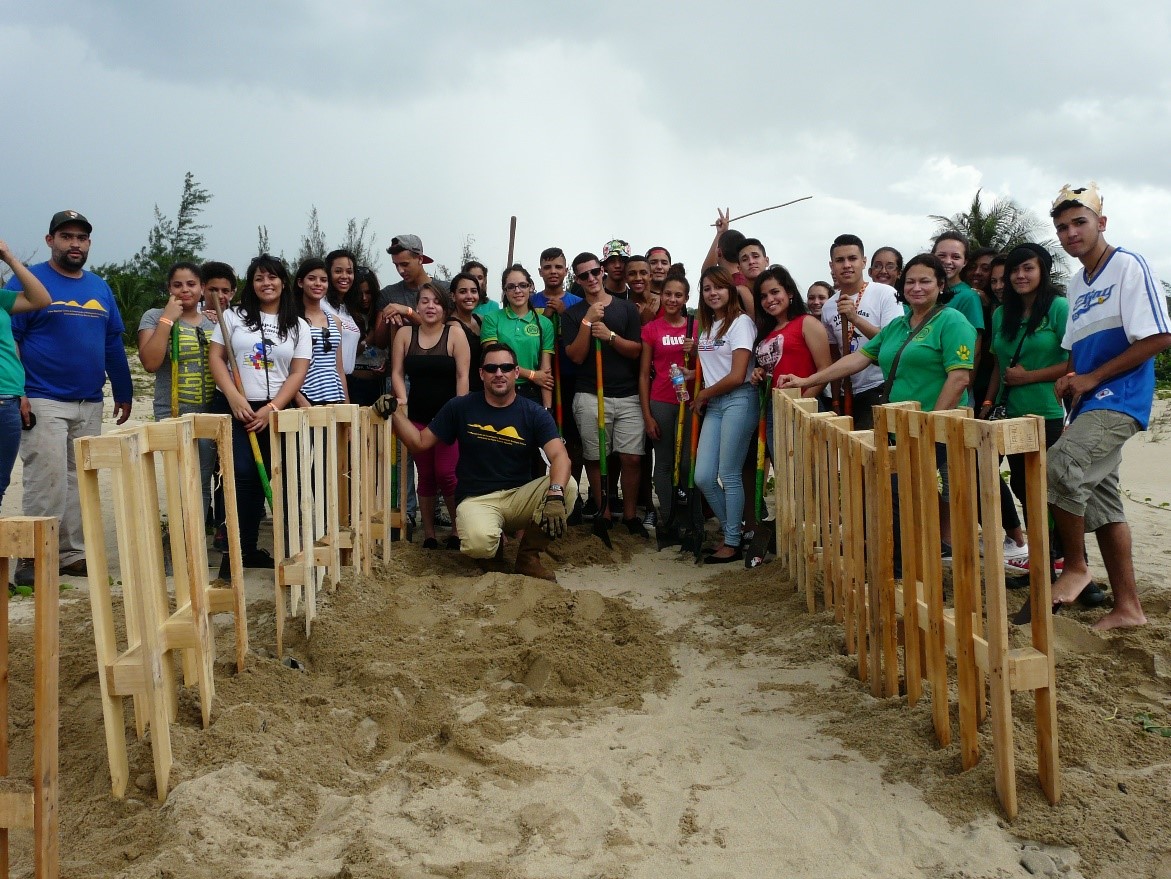
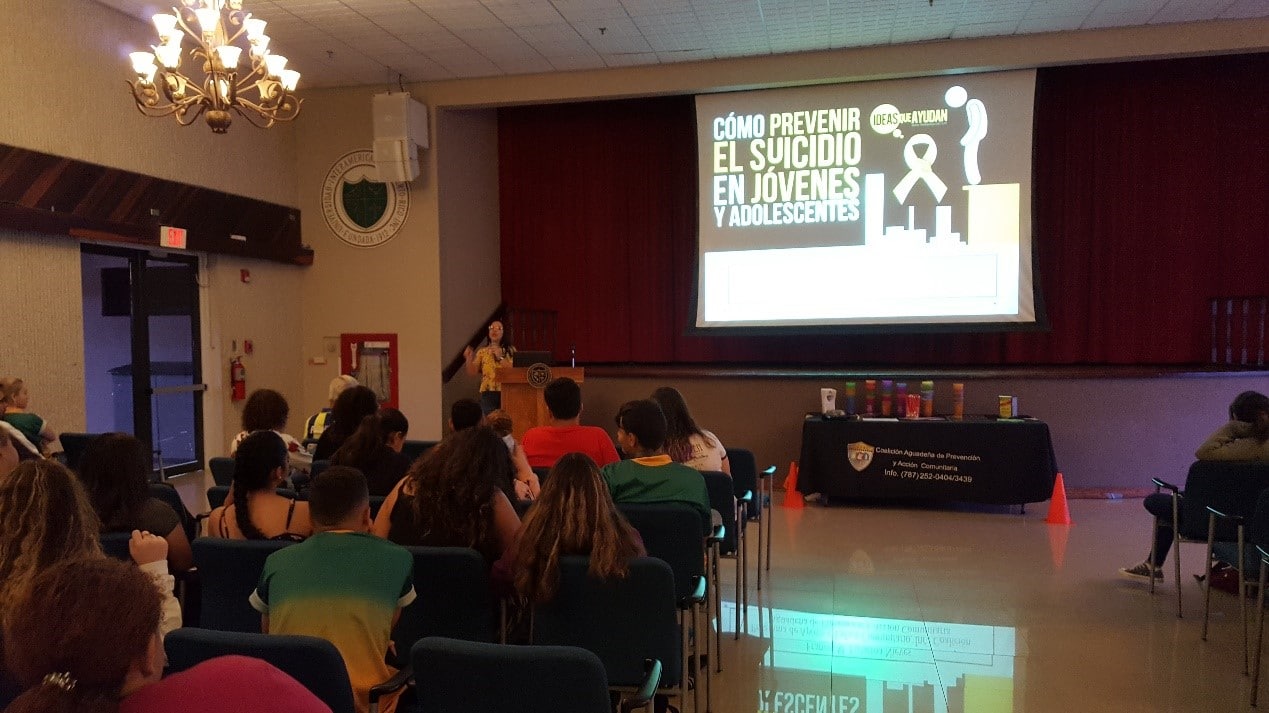
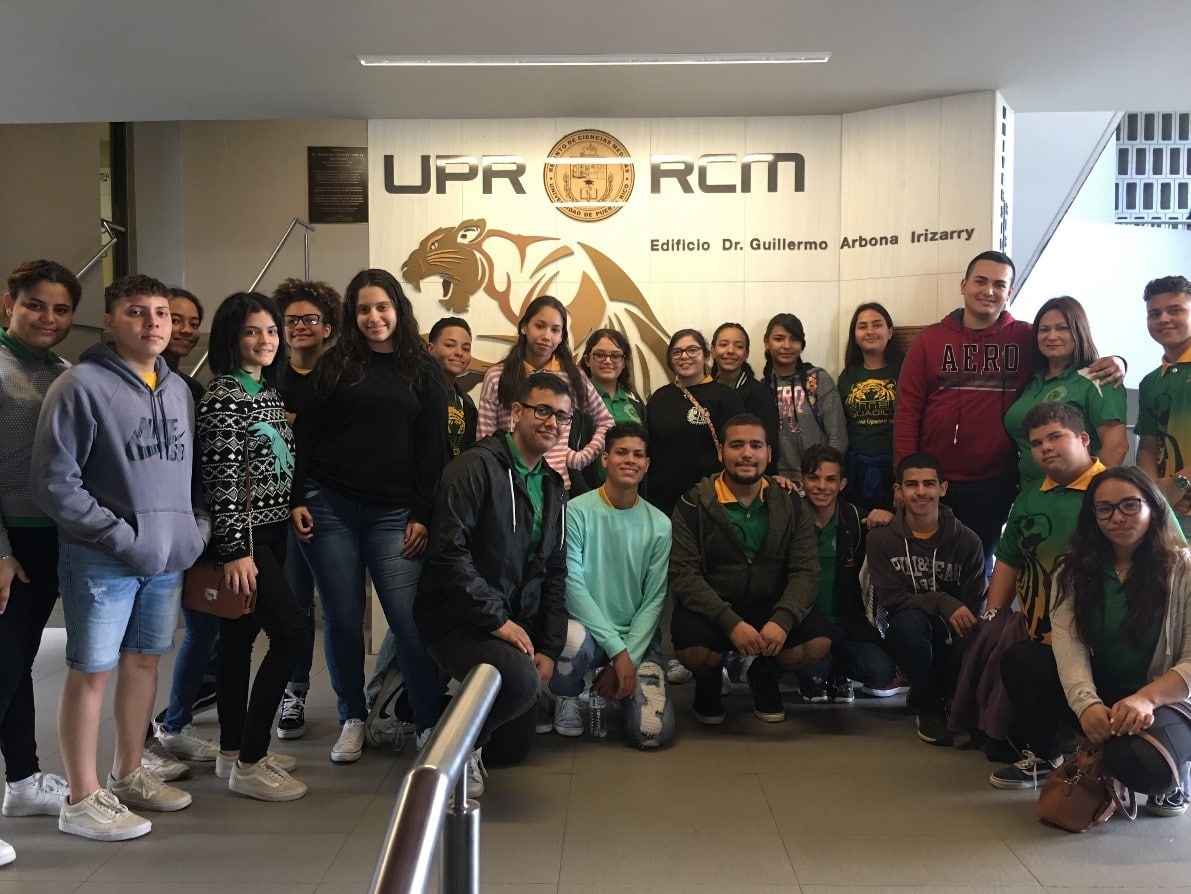
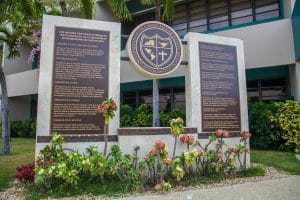 Componente académico: 13 sábados por semestre, de 8:00am a 3:00 pm en la Universidad Interamericana de Aguadilla.
Componente académico: 13 sábados por semestre, de 8:00am a 3:00 pm en la Universidad Interamericana de Aguadilla. Ser estudiante de bajos ingresos económicos.
Ser estudiante de bajos ingresos económicos.